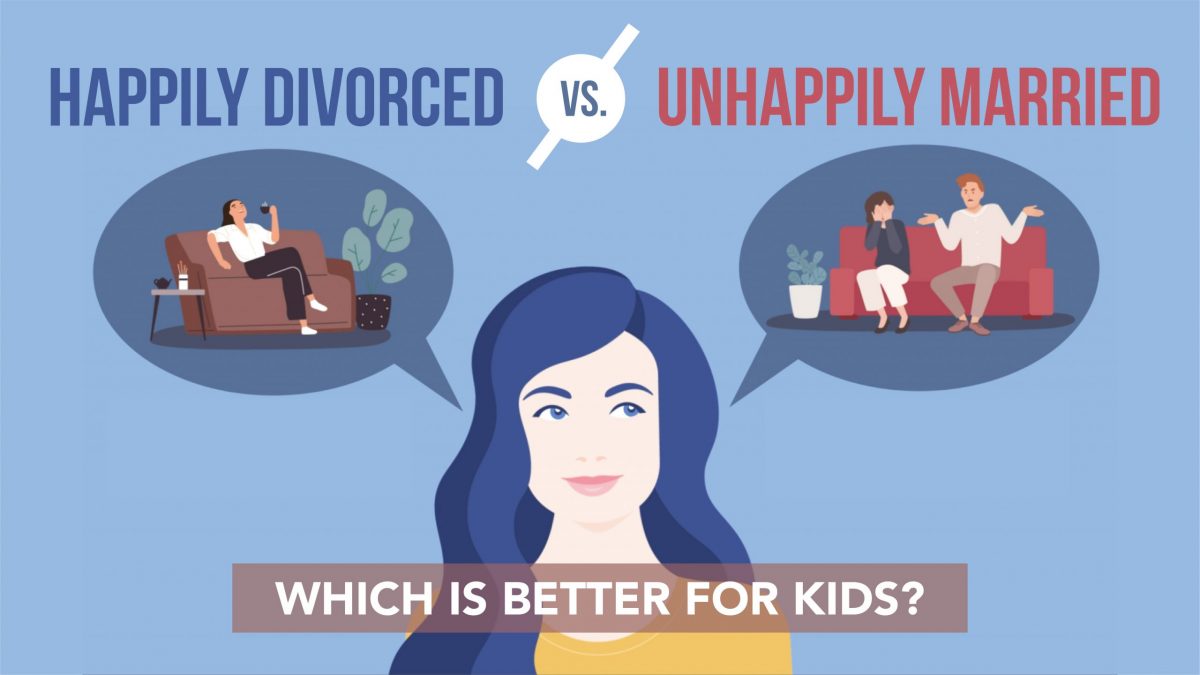Save the Planet. Don’t Have Kids.
What Would You Say?
You’re in a conversation and someone says, “We need to stop having so many kids. Otherwise, we’re going to use up all the earth’s resources and destroy the planet.”
What would you say?
With so much news about global warming, global pandemics, and starvation in the developing part of the world, it’s easy to get the impression that having kids is a bad idea… maybe even selfish.
Next time you encounter the idea that we’re having too many kids, here are 3 things to remember.
First, we’re in no foreseeable danger of overwhelming the earth’s resources.
Second, we keep finding new ways of exploring, refining, and converting natural materials, and adapting to the resources at hand.
Third, people are the solution, not the problem.
- Transcript
- More Resources
- Watch More
You’re in a conversation and someone says, “We need to stop having so many kids. Otherwise, we’re going to use up all the earth’s resources and destroy the planet.” What would you say? With so much news about global warming, global pandemics, and starvation in the developing part of the world, it’s easy to get the impression that having kids is a bad idea… maybe even selfish. Next time you encounter the idea that we’re having too many kids, here are 3 things to remember. First, we’re in no foreseeable danger of overwhelming the earth’s resources. By some estimates, there’s enough food being produced globally to feed 10 billion people each year… that’s about 2.6 billion more people than are alive today. The problem we face is not a lack of food resources, it’s a lack of efficient distribution, which is the central problem we face with other natural resources as well, like fossil fuels, strategic metals, and even so-called “rare earth metals.” Take oil, for example. We often hear warnings that we’ve passed the peak of oil reserves, but that assumes we won’t find any new oil reserves… something humans have repeatedly done for the last century and half since we started looking for them. And, if we were really in danger of running out of oil reserves, the price of gas would have already skyrocketed. But so far, it hasn’t. Which leads to our second point. (Number 2) We keep finding new ways of exploring, refining, and converting natural materials, and adapting to the resources at hand. Concern about resource shortages isn’t new. In every era of history, people have worried about scarcity, that they’ll run out of whatever resources they need to survive. But over and over again, humans have invented new ways to use, reuse, or replenish the resources we do have. The combination of human need with human innovation has given rise to brilliant solutions. For example, humans used to depend on wood for fuel, until a lumber shortage started to raise prices. Those rising costs led people to discover ways to use coal for fuel instead. Oil used to be thought of as an annoying pollutant, but look at how it has been used in the last 160 years. Copper has been turned into phone lines, sand into glass and computer chips. Human beings are unbelievably creative and adaptable. When access to resources is limited, we find new ways to work with what we have. But what about land mass? Though a brief tour through Los Angeles or Mumbai or Beijing might lead you to believe we are running out of room for people, we’re actually in no danger of overcrowding the earth. If every person on earth were given 965 square feet each, we’d all fit into an area the size of Texas. While certain parts of the world are overcrowded, it’s not because we’ve reached earth’s capacity. It’s because people typically prefer urban centers to rural areas – especially if the economy isn’t developed enough to deliver resources to those rural areas. In fact, the latest estimates suggest that 95% of the world’s population lives on only 10% of its land, while 40% is dedicated to agriculture. We’re doing okay. But even if we did need to spread out more, we’d adapt. Human beings have managed to occupy the hottest, coldest, driest, and wettest parts of the planet. We’ve even successfully adapted to life on and under the water. Which leads to our third point. (Number 3): People are the solution, not the problem. Too often, environmental science is anti-human, even though environmental progress always results from the care and efforts of humans. It’s the societies with healthy populations and thriving economies that are best positioned to adapt to and care for the environment. That’s why, in general, the wealthier a country is, the more environmentally sustainable it is. When birth rates fall below replacement level, like in so many developed countries today, it wreaks havoc on economies. In poor economies, societies don’t have the luxury of being environmentally sustainable. They are too worried about just surviving. So, having kids is actually an investment in the future of the planet. We need more humans who can apply their ingenuity and efforts into caring for the environment, cultivating its resources, and getting those resources where they need to be. The problems facing the earth are real, but no other species has what it takes to help. Only humans can solve the problems that face our world. Fortunately, our track record is promising. Human ingenuity is an infinitely more valuable resource than anything else in the world. So the next time you’re in a conversation and someone says that we should stop having so many kids because it’s bad for the environment, remember these three things: Number 1: We’re in no foreseeable danger of overwhelming the earth’s resources. Number 2: We keep finding new ways of exploring, refining, and converting natural materials, and adapting to the resources at hand. Number 3: People are the solution, not the problem. For What Would You Say, I’m Brooke McIntire.
Holt-Giménez, Eric & Shattuck, Annie & Altieri, Miguel & Herren, Hans & Gliessman, Steve. (2012). We Already Grow Enough Food for 10 Billion People … and Still Can't End Hunger. Journal of Sustainable Agriculture - J SUSTAINABLE AGR. 36. 595-598. 10.1080/10440046.2012.695331.
https://www.breakpoint.org/exploding-the-population-bomb/
https://www.sciencedaily.com/releases/2008/12/081217192745.htm
https://earth.esa.int/web/guest/earth-topics/agriculture
Lomborg, Bjorn. The Skeptical Environmentalist (New York, NY: Cambridge University Press, 2001), 33.

